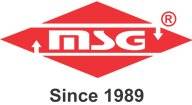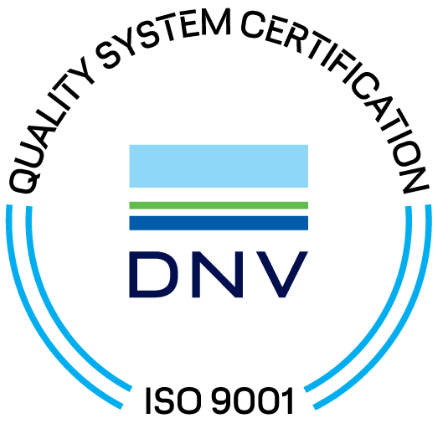In the world of facility management, maintaining optimal indoor conditions is a priority for ensuring comfort, productivity, and safety. A well-functioning HVAC (Heating, Ventilation, and Air Conditioning) system plays a pivotal role in achieving this goal. However, like any mechanical system, regular maintenance is key to ensuring efficiency, longevity, and reliability. Let’s explore why HVAC system maintenance is indispensable in facility management.
1. Ensures Energy Efficiency
An unmaintained HVAC system can consume significantly more energy due to clogged filters, dirty coils, or worn-out components. Regular maintenance optimizes the system’s performance, reducing energy consumption and lowering utility bills. For businesses focused on sustainability, this not only saves costs but also minimizes their carbon footprint.
2. Improves Air Quality
Indoor air quality is a critical factor in workplace health and comfort. Dust, allergens, and pollutants can accumulate in HVAC systems over time, affecting the air circulating through your facility. Scheduled maintenance ensures clean filters and ducts, promoting a healthier and more comfortable environment for occupants.
3. Prevents Costly Repairs and Downtime
Routine inspections and servicing help detect minor issues before they escalate into major breakdowns. This proactive approach minimizes the risk of unexpected downtime, which can disrupt operations and lead to expensive emergency repairs. A well-maintained system operates smoothly, ensuring uninterrupted comfort and functionality.
4. Extends Equipment Lifespan
HVAC systems are a significant investment in any facility. Regular maintenance helps preserve this investment by reducing wear and tear, ensuring components work efficiently, and preventing premature failures. This extends the equipment’s lifespan, delaying the need for costly replacements.
5. Compliance with Safety and Legal Standards
Facilities must adhere to safety and regulatory standards related to HVAC systems. Regular maintenance ensures compliance with these guidelines, reducing liability risks and contributing to a safer environment for employees and visitors alike.
6. Enhances Workplace Productivity
A comfortable indoor climate directly impacts employee productivity and satisfaction. Properly maintained HVAC systems provide consistent temperature control and ventilation, creating a conducive work environment. When employees are comfortable, they are more focused and efficient.
7. Supports Sustainability Goals
Green building certifications such as LEED emphasize energy efficiency and environmental responsibility. Well-maintained HVAC systems align with these principles, helping facilities meet sustainability goals and achieve certifications that enhance their reputation.
Best Practices for HVAC Maintenance in Facility Management
- Routine Inspections: Schedule regular inspections by certified technicians to identify and address potential issues.
- Filter Replacement: Replace filters periodically to maintain airflow and prevent dust accumulation.
- System Cleaning: Ensure coils, ducts, and vents are clean to prevent blockages and improve efficiency.
- Seasonal Tune-ups: Prepare HVAC systems for seasonal changes by conducting tune-ups before peak usage periods.
- Upgrade Outdated Systems: Consider energy-efficient upgrades for older systems to enhance performance and reduce costs.
Conclusion
Effective HVAC system maintenance is a cornerstone of successful facility management. It ensures energy efficiency, enhances air quality, prevents costly repairs, and supports workplace productivity. By prioritizing regular maintenance, facility managers can maximize the performance of their HVAC systems, contributing to the comfort, safety, and sustainability of their facilities.
Ready to optimize your facility’s HVAC performance? Choose MSG Facility for expert maintenance solutions that keep your systems running efficiently and your workplace thriving.





